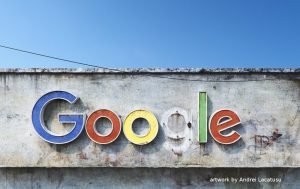Who Owns the Internet?
The democratizing potential of the Internet echoed across the world: it was seen as a true equalizer, a force for good, and one that looked the same everywhere irrespective of one’s geographical location -- it defied all territorial borders. This vision was hardly seen as radical or controversial. Quite the opposite, it was widely embraced among tech circles, even by the likes of Microsoft.
But that Golden Age of the Internet is long gone.

